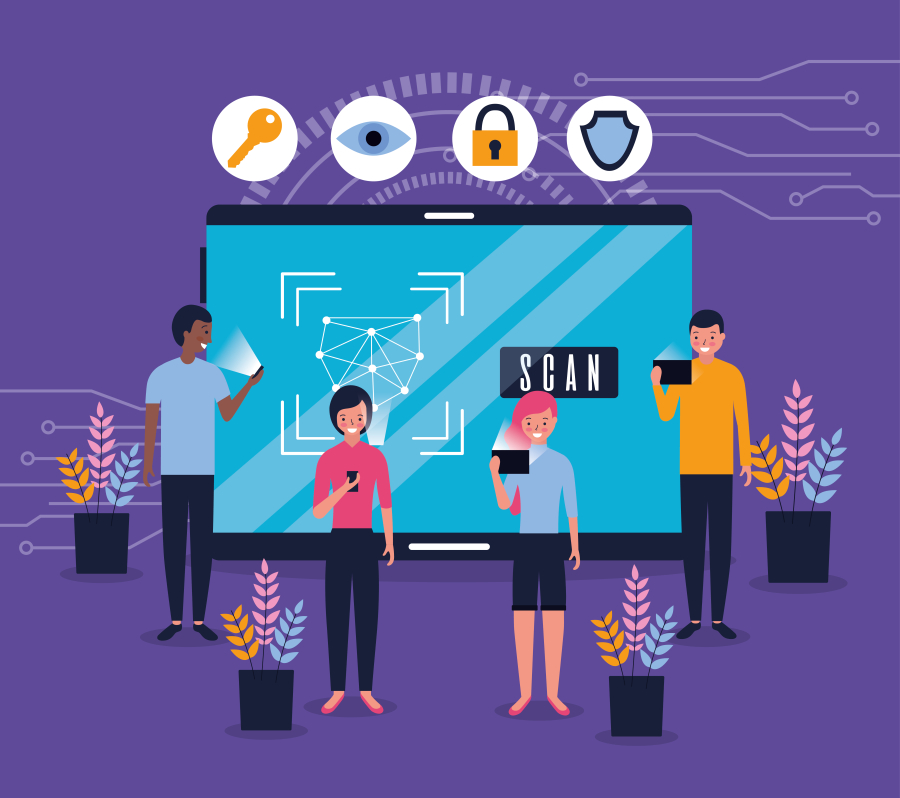How Freelancers Are Revolutionizing Forensic Accounting Practices
In today’s fast-paced financial world, forensic accounting has become an essential tool for detecting fraud, resolving disputes, and ensuring regulatory compliance. Traditionally handled by large accounting firms, this specialized field is now experiencing a significant transformation due to the rise of freelance professionals. Freelancers bring flexibility, cost-efficiency, and niche expertise to forensic accounting projects, enabling businesses, law firms, and government agencies to access top-tier talent without long-term commitments. This shift is redefining how investigations are conducted, how data is analyzed, and how justice is served in financial disputes.
On freelancerbridge, we connect skilled forensic accounting freelancers with organizations in need, bridging the gap between high-demand services and innovative independent professionals. In this article, we explore how freelancers are revolutionizing forensic accounting practices, the skills that make them invaluable, and the opportunities that lie ahead for those in this career path.
Long Description:
1. The Changing Landscape of Forensic Accounting
Forensic accounting, once considered a niche within traditional accounting firms, has evolved into a dynamic and accessible field. The digital era, combined with globalization, has increased the complexity of financial transactions — and unfortunately, the sophistication of fraud.
Freelancers are stepping in to address these challenges by offering:
On-demand expertise without the overhead costs of permanent hires.
Specialized knowledge in industries like banking, insurance, tech startups, and cryptocurrency.
Agility in investigations, especially for urgent or short-term cases.
This shift allows small and mid-sized businesses, which previously couldn’t afford forensic services, to now engage experienced professionals on a project basis.
2. Key Contributions of Freelancers in Forensic Accounting
a) Flexibility and Cost-Efficiency
Hiring full-time forensic accountants can be expensive. Freelancers allow organizations to scale services based on immediate needs, avoiding long-term salary commitments.
b) Diverse Expertise
Freelancers often have backgrounds in multiple industries, enabling them to handle various cases — from corporate fraud investigations to divorce settlements involving hidden assets.
c) Technology-Driven Analysis
Many freelance forensic accountants invest in advanced software like IDEA, ACL Analytics, or AI-powered forensic tools, allowing them to detect irregularities faster than traditional manual methods.
d) Global Reach
With remote work, freelancers can collaborate across borders, offering expertise in international financial regulations, cross-border disputes, and foreign asset tracing.
3. How Technology Enhances Freelance Forensic Work
Technology has drastically improved the capabilities of forensic accountants, and freelancers are leveraging these advancements to stay competitive. Key tools include:
Blockchain Analysis Tools – For cryptocurrency fraud detection.
AI-Powered Data Mining – To identify suspicious patterns in large datasets.
Cloud Forensic Platforms – For secure document storage and evidence management.
Data Visualization Tools – To present findings clearly for legal teams and court proceedings.
By combining technical proficiency with investigative skills, freelance forensic accountants can deliver precise, timely, and legally admissible evidence.
4. Advantages for Businesses and Law Firms
i) Faster Turnaround Times
Freelancers are not bound by corporate bureaucracy, which means they can start investigations quickly and work around the clock if needed.
ii) Confidentiality and Neutrality
Independent contractors often maintain a higher level of discretion, which is crucial in sensitive cases involving corporate executives or high-net-worth individuals.
iii) Niche Investigations
Freelancers can specialize in emerging areas such as digital payment fraud, e-commerce scams, and cyber-enabled financial crimes.
5. Skills That Make Freelance Forensic Accountants Valuable
To thrive in freelance forensic accounting, professionals must have:
Strong Analytical Skills – To detect anomalies and fraudulent activity.
Legal Knowledge – Understanding how financial evidence is used in court.
Tech Savvy – Ability to use modern forensic accounting software.
Communication Skills – Presenting findings clearly to non-financial stakeholders.
Ethical Standards – Maintaining integrity in sensitive investigations.
6. Opportunities in the Freelance Forensic Accounting Market
a) Corporate Fraud Investigations
Assisting companies in uncovering internal theft, expense fraud, and financial misrepresentation.
b) Litigation Support
Providing financial evidence and expert testimony for legal cases.
c) Insurance Claims Investigations
Validating claims to detect fraudulent submissions.
d) Cryptocurrency and Blockchain Forensics
Tracing illegal transactions in the digital asset space.
e) Financial Compliance Audits
Ensuring that organizations adhere to anti-money laundering (AML) and other financial regulations.
7. Steps to Build a Freelance Career in Forensic Accounting
Gain Certifications – Such as CFE (Certified Fraud Examiner) or CFF (Certified in Financial Forensics).
Develop a Portfolio – Showcase case studies and previous projects.
Leverage Online Platforms – Use sites like Freelancer, Upwork, and niche portals like freelancerbridge to find clients.
Network with Legal and Business Professionals – Build relationships to receive referrals.
Stay Updated on Laws and Regulations – Laws governing fraud and financial crimes evolve rapidly.
8. The Future of Freelance Forensic Accounting
As financial crimes become more complex, the demand for forensic accounting will continue to grow. Businesses and governments are increasingly turning to freelancers for:
Cost-effective solutions in tight budget conditions.
Specialized expertise in emerging fraud techniques.
Rapid deployment for urgent investigations.
AI, blockchain analytics, and data automation will play a major role in shaping the future of freelance forensic work, making it more precise and impactful.
Conclusion
The rise of freelance forensic accountants is transforming the way financial investigations are conducted. By offering specialized expertise, leveraging advanced technologies, and providing cost-effective solutions, freelancers are filling a crucial gap in the market. Whether it’s tracing hidden assets, detecting fraud, or supporting legal proceedings, freelance professionals are proving that independence doesn’t mean compromise — it means innovation and agility.


 by Emily
by Emily




